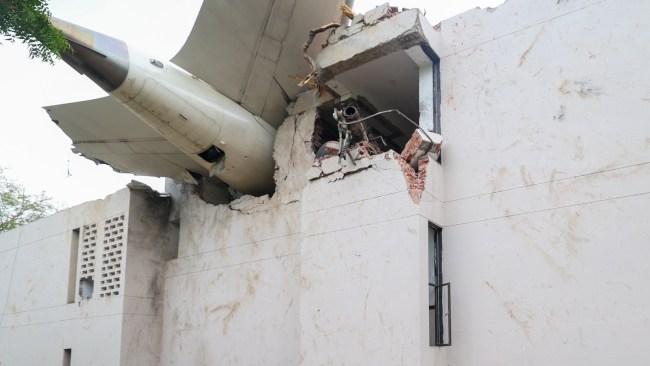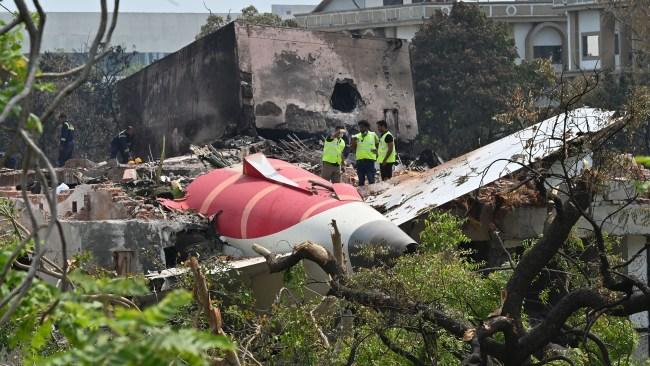An aviation expert from Australia, Captain Byron Bailey, has shared his opinion on a tragic Air India plane crash. He believes recent findings show that the pilot might have deliberately turned off the aircraft’s fuel switches.
On June 12, 2015, Air India Flight 171 crashed into a building shortly after takeoff from Ahmedabad. The plane was carrying 242 people, but only one survived.
The Boeing 787-8 Dreamliner was heading to London’s Gatwick Airport when it crashed in a crowded area. The crash also killed 19 people on the ground.
A British-Indian man named Vishwash Kumar Ramesh was the only person who survived the crash. He escaped the fire with only minor injuries.
India’s Aircraft Accident Investigation Bureau looked into the crash and found that the plane’s fuel control switches were turned off just three seconds after takeoff.
Because fuel was cut off, the plane quickly began to lose power. Although the switches were turned back on later, only one engine regained power before the crash happened.
The black box data showed that the captain, Sumeet Sabharwal, may have been the one who switched off the fuel supply, according to The Wall Street Journal and sources familiar with the report.
The voice recorder from the cockpit revealed a tense conversation between the captain and the co-pilot, Clive Kunder. The first officer seemed surprised and questioned the captain’s actions.
Aviation experts say that switching off the fuel could not have been a mistake. It requires a deliberate action, making it hard to believe it happened by accident.
Captain Bailey told Sky News Australia that turning off the fuel switches had to be a conscious act by the pilot-in-command.
He explained that the switches are located near the captain’s right hand and are tough to operate accidentally because they are mechanical, not electric.
Bailey said the co-pilot was busy flying the plane and would not have been able to reach the switches at that time.
He added that the fuel switches require strength to operate, which means someone had to intentionally flip them off. Since the co-pilot was flying, Bailey believes the captain did it.
The aviation expert strongly believes this crash was a case of “suicide by the captain.”
The official investigation report has not confirmed how the fuel switches were moved to the off position.
When asked if airlines should use safety tools to prevent such events, Bailey said video cameras should be installed in cockpits to capture the final minutes of a flight.
Air India responded after the report came out, saying it mourns the loss of lives and is committed to helping families during this hard time.
The airline also said it has received the investigation report and is working with authorities to support the investigation.
Meanwhile, reports have revealed that Captain Sabharwal had been dealing with mental health issues. His medical history has now been handed to investigators.
Sabharwal, who had logged over 15,000 flying hours, had reportedly taken time off from flying in recent years because of depression and other mental health struggles, according to the Telegraph.









